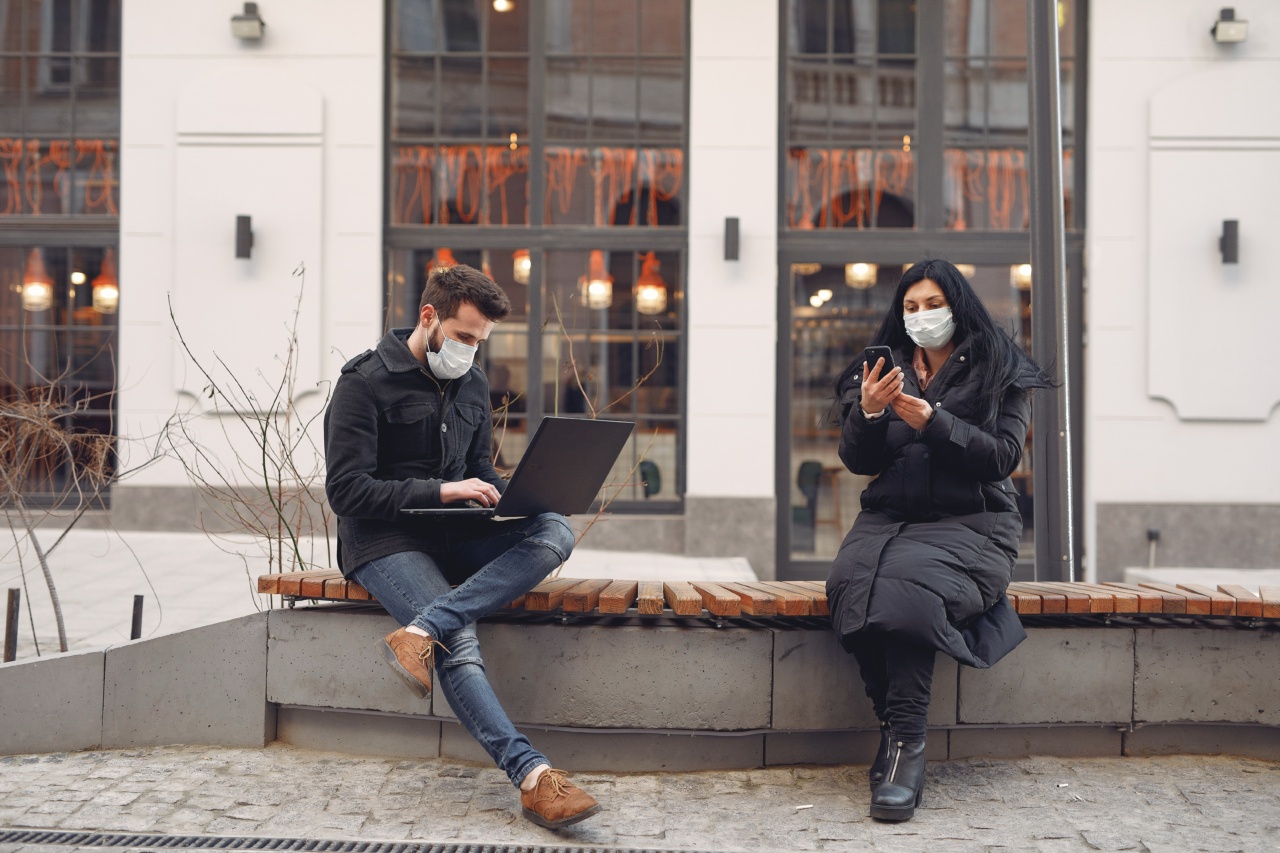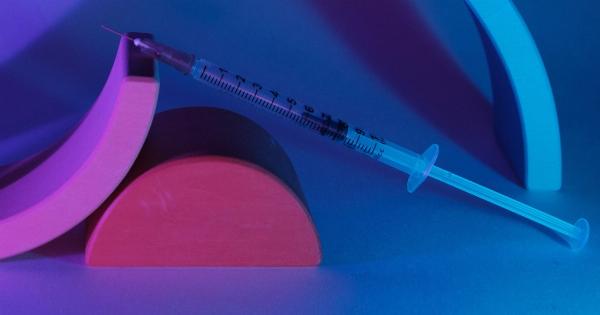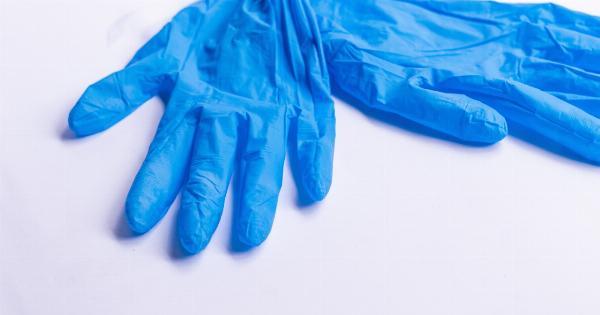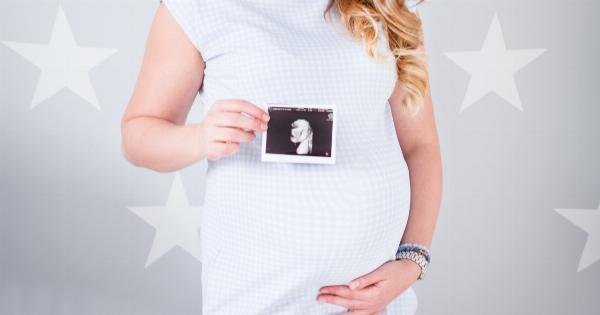Antibiotics have been a lifesaver for millions of people since they were first discovered in the early 20th century. They have helped to conquer deadly infectious diseases like tuberculosis, bacterial pneumonia, and meningitis.
They have also been used to treat routine bacterial infections like strep throat and urinary tract infections. However, antibiotics are not without their drawbacks. One of the potential side effects of antibiotics is that they can kill off the good bacteria that live in our bodies.
These good bacteria play an important role in maintaining our health, so it is important to use antibiotics judiciously.
What is postnatal use of antibiotics?
Postnatal use of antibiotics refers to the use of antibiotics in the period following the birth of a child.
This could be because the mother has an infection that needs to be treated with antibiotics, or because the child develops an infection in the days or weeks after birth. In some cases, antibiotics may be used prophylactically to reduce the risk of infection.
The link between postnatal use of antibiotics and reduced infection risk
Several studies have found that the postnatal use of antibiotics is associated with a reduced risk of infection in newborns.
For example, a study published in the Journal of Perinatology found that the use of antibiotics in mothers with a fever during labor was associated with a lower risk of infection in their infants. Another study published in Pediatrics found that the use of antibiotics in infants with suspected early-onset sepsis was associated with a lower risk of death or severe disability.
These findings are consistent with the idea that antibiotics can help to prevent infections in newborns. Antibiotics work by killing or inhibiting the growth of bacteria that cause infections.
By reducing the number of bacteria in the body, antibiotics may make it more difficult for pathogens to establish an infection.
The risks of postnatal antibiotic use
Although postnatal use of antibiotics may be beneficial in some cases, it is not without risks. One of the biggest risks of postnatal antibiotic use is the development of antibiotic-resistant bacteria.
When antibiotics are used, they kill off both good and bad bacteria. This creates an opportunity for antibiotic-resistant bacteria to grow and take over. These bacteria can cause infections that are difficult to treat with antibiotics, which can be life-threatening.
Another risk of postnatal antibiotic use is the disruption of the microbiome. The microbiome refers to the collection of microorganisms that live in and on our bodies.
These microorganisms play a crucial role in digestion, immune function, and mental health. When antibiotics are used, they can disrupt the balance of the microbiome, leading to a range of health issues.
For example, some studies have found that antibiotic use is associated with an increased risk of obesity, allergies, and autoimmune diseases.
How to minimize the risks of postnatal antibiotic use
If you need to take antibiotics after giving birth, there are several things you can do to minimize the risks:.
- Take antibiotics only when necessary. Antibiotics should be used only when there is a clear need for them. If you are not sure whether you need antibiotics, talk to your healthcare provider.
- Take antibiotics as directed. Make sure you take the full course of antibiotics as prescribed by your healthcare provider. This will help to ensure that all of the bacteria are killed off, reducing the risk of antibiotic-resistant bacteria developing.
- Take probiotics. Probiotics are supplements that contain good bacteria. Taking probiotics may help to restore the balance of the microbiome after antibiotic use. Talk to your healthcare provider to find out if probiotics are right for you.
- Eat a healthy diet. Eating a healthy diet that is rich in fruits, vegetables, and whole grains can help to support a healthy microbiome.
- Practice good hygiene. Washing your hands regularly and avoiding contact with people who are sick can help to reduce the risk of infection.
Conclusion
The postnatal use of antibiotics can be an effective way to prevent infections in newborns. However, it is important to use antibiotics judiciously to minimize the risks of antibiotic-resistant bacteria and disruption of the microbiome.
If you are considering taking antibiotics after giving birth, talk to your healthcare provider about the risks and benefits.






























